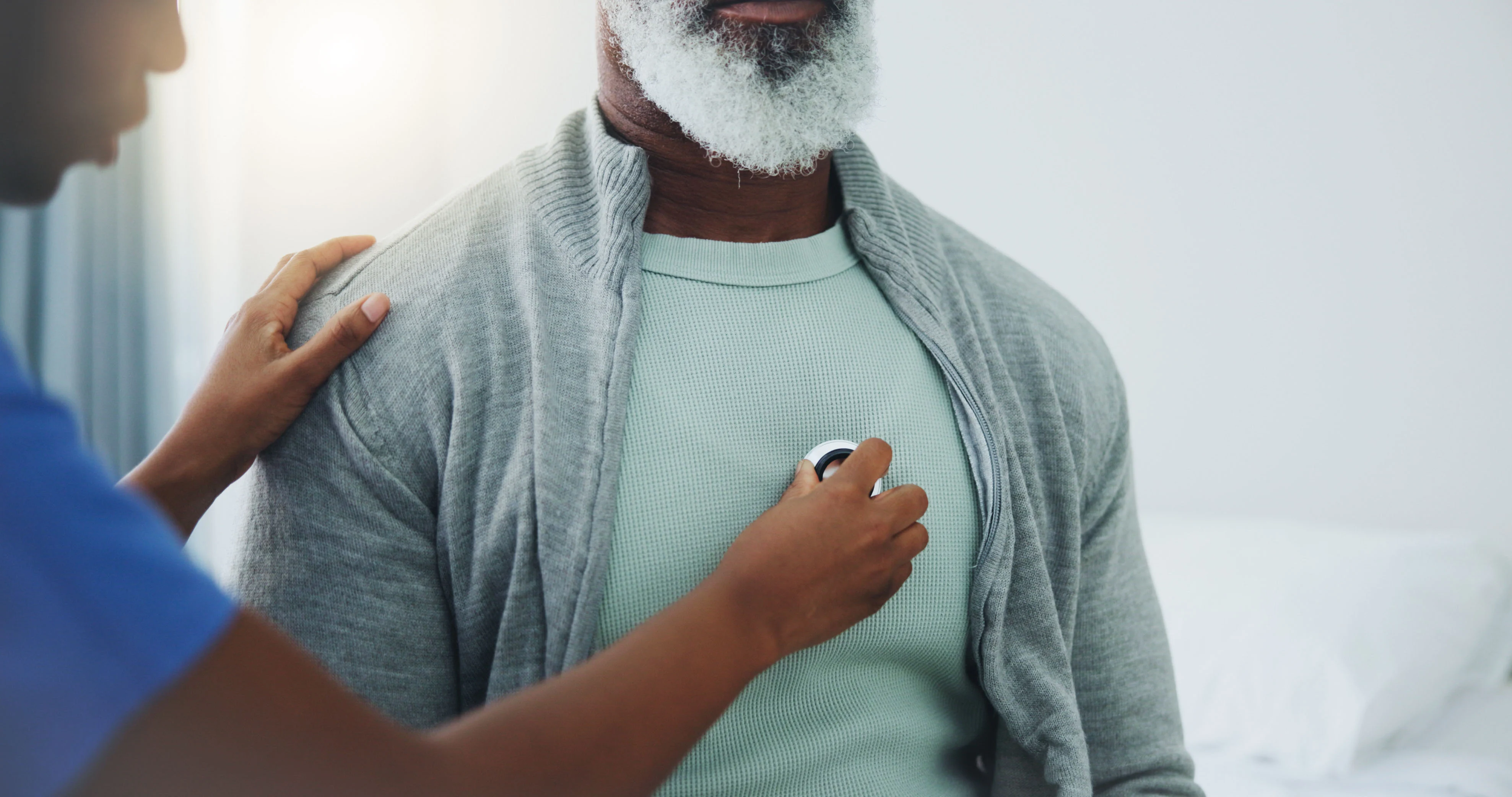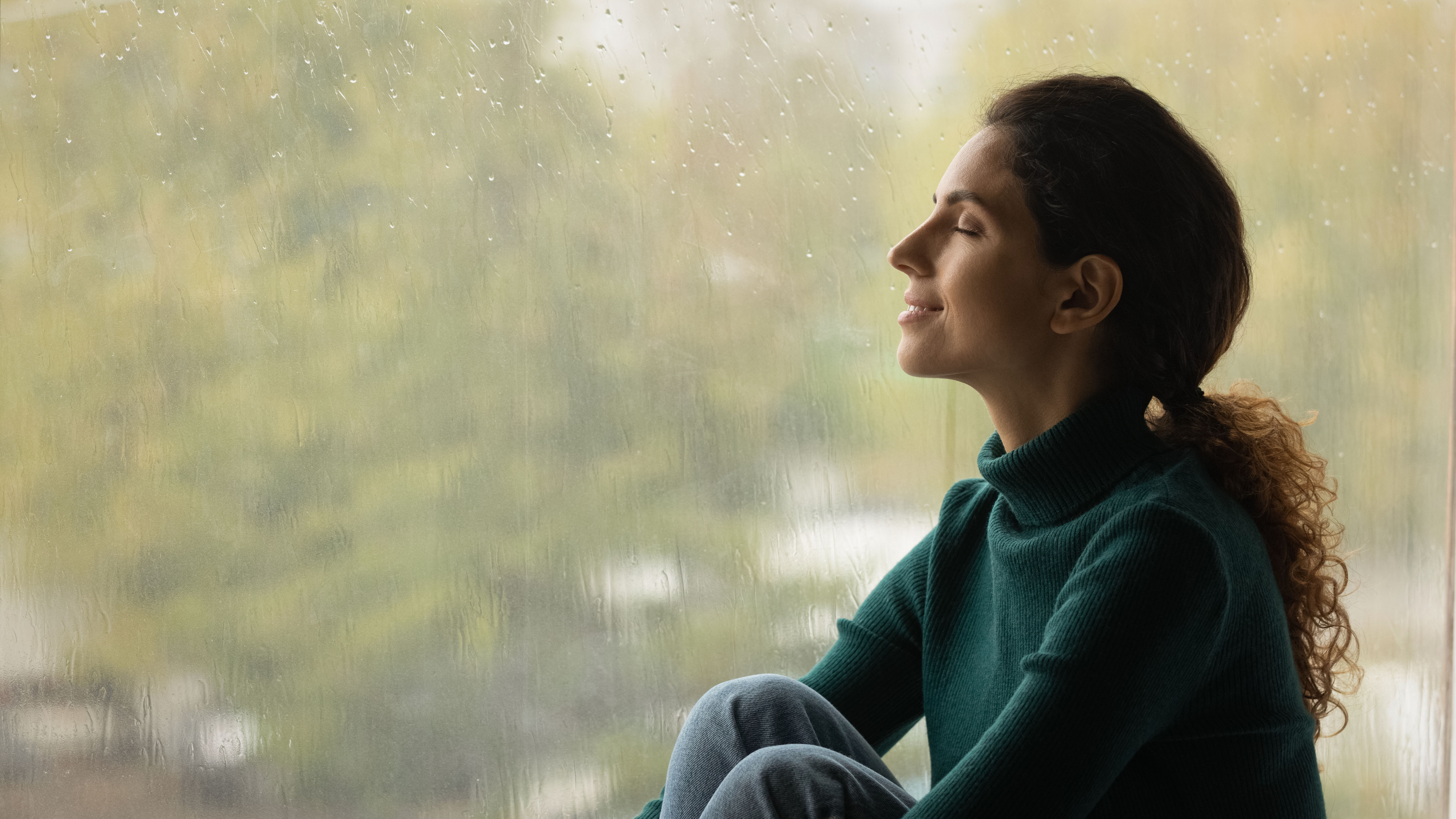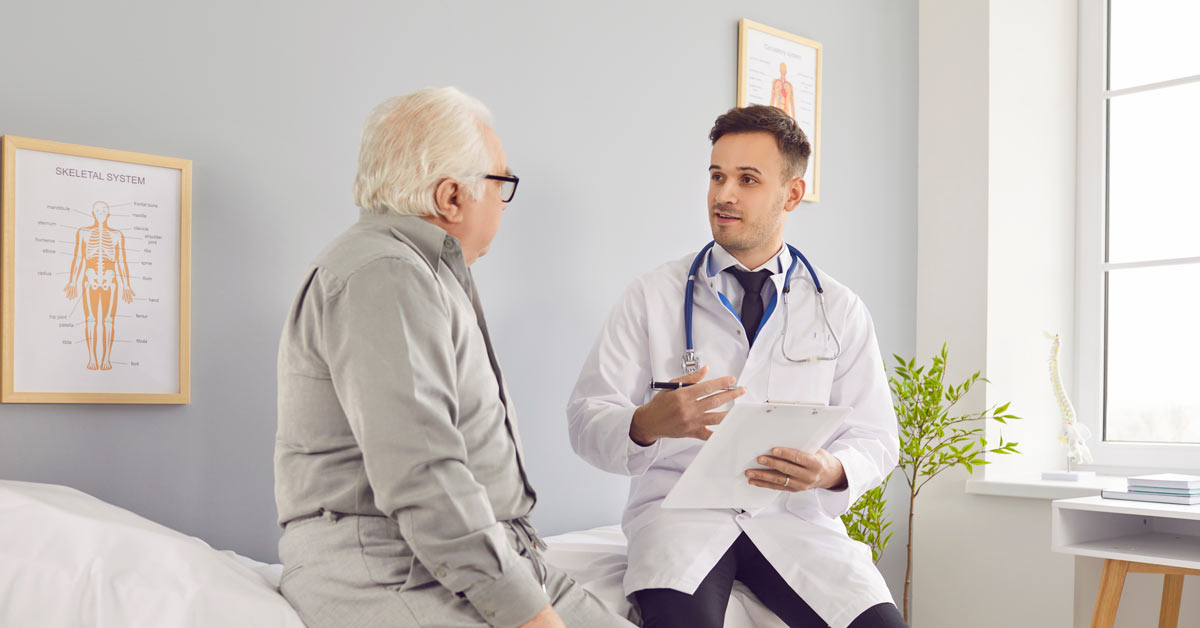Sleep apnea happens when a person’s breathing stops or is interrupted during sleep. Apneic episodes can cause poor sleep, reduce the flow of oxygen to vital organs, and lead to serious health consequences. Sleep apnea is very common. More than 22 million Americans, and more than 100 million people worldwide suffer from it.
The word “apnea” comes from the Greek word meaning “wanting breath.” Apneic periods typically repeat between 10 to 60 times per hour within a 7-hour night.
The 3 Types of Sleep Apnea
-
-
Obstructive Sleep Apnea (OSA): OSA, the most common form of sleep apnea, results when certain structures — muscles or tissue at the base of the tongue or back of the throat — relax or sag, blocking the flow of air in and out of the lungs during sleep.
-
Central Sleep Apnea (CSA): This type of apnea results when the brain fails to signal to you to breathe. There would be no obvious signs you are trying to breathe, because your brain has failed to send the message to your respiratory muscles. CSA is less common than OSA.
-
Mixed Sleep Apnea (MSA): As the name implies, this type involves some combination of both OSA and CSA.
-
No matter the cause, if you stop breathing the body cannot get the oxygen it needs to function. This lack of oxygen causes you to wake up from deep sleep just before you begin breathing again. People with severe apnea may suffer from such awakenings as many as 500 times a night because of low oxygen levels. This can cause feelings of irritability or anxiety the next day.

This diagram shows Obstructive Sleep Apnea (OSA)
Symptoms of Sleep Apnea
Nighttime / Sleep Symptoms of Sleep Apnea:
• Chronic, very loud snoring
• Shallow breaths
• Pauses in your breathing (usually for more than 10 seconds)
• Choking or gasping
• Restless sleep
• Waking up confused
• Chest pain
Daytime Symptoms of Sleep Apnea:
• Sore throat
• Headaches
• Weight gain / difficulty losing weight
• Reduced memory or ability to concentrate
• Frequent frustration, anger, or irritability
• Excessive sleepiness or fatigue
• Falling asleep during other activities
Testing for Sleep Apnea
If you and your doctor suspect that you may have sleep apnea, he or she may first refer you to a Sleep Disorders Center for an overnight sleep test called a polysomnogram (PSG).
Sleep Disorders Centers and Testing
Sleep Disorders Centers are located within hospitals or at independent ambulatory centers. You sleep overnight at a sleep laboratory while special equipment records your brain waves, oxygen levels, heart rhythm, eye and leg movements, and airflow. A sleep specialist then interprets the results.
These devices record many different values while you sleep. After the sleep test is over, your physician will review the measured values and may diagnose you with sleep apnea or Obstructive Sleep Apnea (OSA).
For more information: How Sleep Studies Work
Home Sleep Testing
Some people can do a Home Sleep Test (HSAT). A home monitor can be used to record heart rate, how air moves in and out of the lungs, the amount of oxygen in the blood, and breathing effort.
Sleep Test Results
Sleep study results will reveal valuable information about your condition, such as:
- How often you wake up
- How long you spend in each sleep stage
- If you stop breathing or have trouble breathing
- If you snore
- Your body position and limb movements
- Unusual bran activity patterns
With this information, your doctor can prescribe the most effective treatment for you.
Understand Your Risk For Sleep Apnea
Take this short quiz to understand your risk level.
The quiz below is known as the STOP-Bang tool. It offers a risk assessment on obstructive sleep apnea (OSA), the most common type of sleep apnea.
Note: This quiz cannot diagnose obstructive sleep apnea, but it is designed to help you understand your risk level for OSA.

.png)



